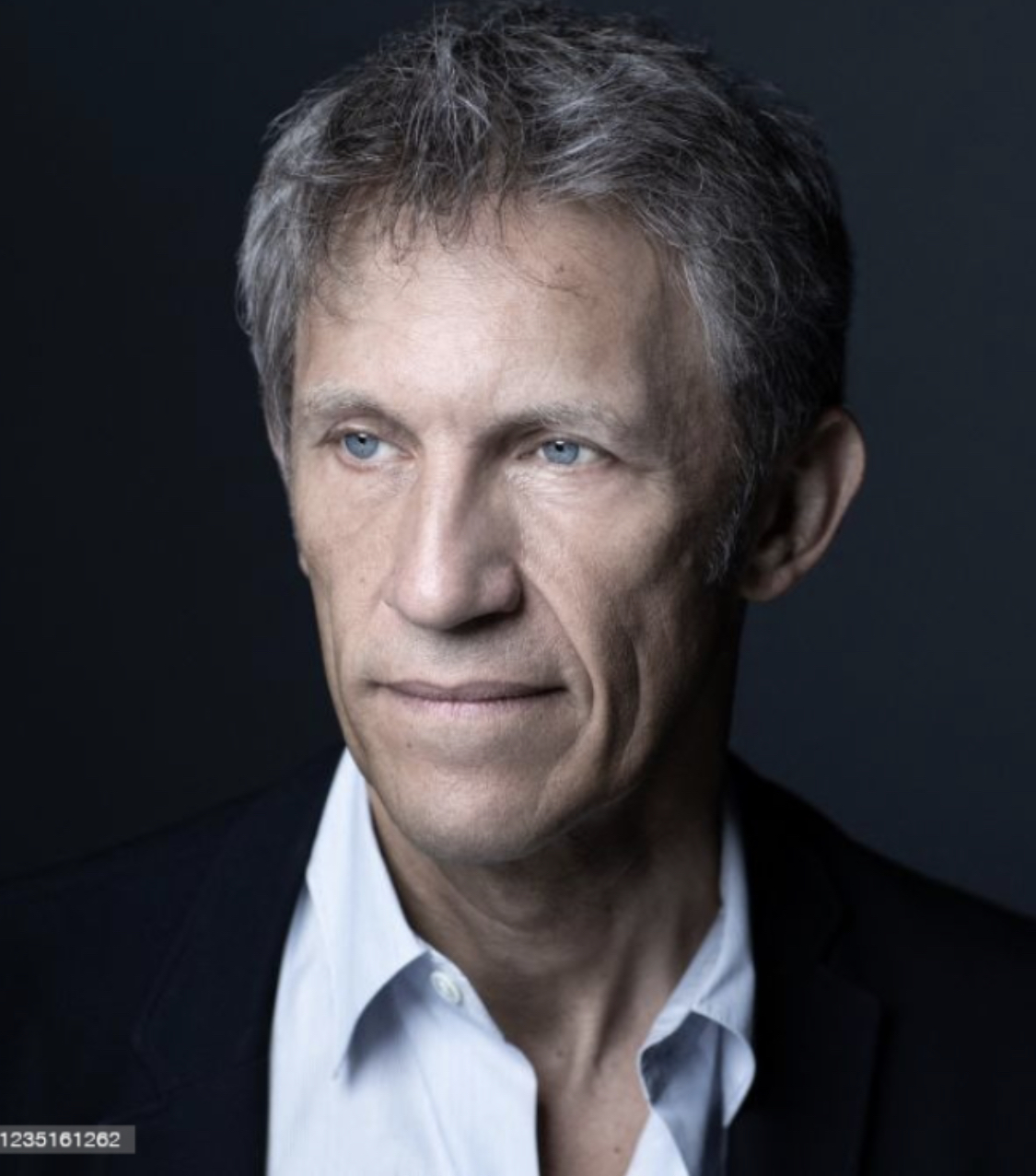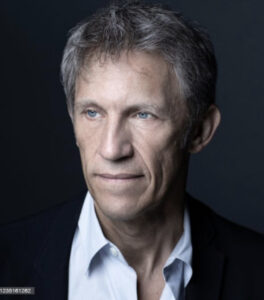

As Barthes rightly wrote, there is no biography except for the unproductive life. Presenting one’s professional journey, however, brings us back to production. Mine focuses on philosophical writing, sound practices, and cultural exchange.
Writing
The first book I wrote was about the relationship between concepts and metaphors in Sartre’s philosophical works. Since then, I have continued to read abstract texts by paying attention to their images, sounds, and affects. I have been interested in genealogical imaginaries in the field of knowledge (Pour en finir avec la généalogie, 2004), to which I have opposed alternative models (Les Airs de famille. Une philosophie des Affinités, 2012).
A musical practice since childhood has oriented me towards the sound dimension of thought. I have investigated the fruitful relationship of certain thinkers to their instrument (The Philosopher’s Touch. Sartre, Nietzsche, and Barthes at the Piano, 2008). This led me to suggest more generally listening to the works of the mind differently (Thinking with Our Ears, 2019). This listening is connected to a psychoanalytic approach, which questions the link between emotional life and intellectual discourses.
Intrigued by the gaps between philosophers’ theses, from Rousseau to Foucault, and how they led their lives, I wrote The Genius of Lies (2015), seeking to understand these discrepancies rather than denounce them. Observing today that the boundary between true and false has dramatically blurred in political discourse, I traced an archaeology of this erasure over the last fifty years in Can We Still Save the Truth? (2024).
It goes without saying that these reflections come from my acquaintance with authors such as Sartre, Beckett, Glissant, or Mishima, to whom I have devoted studies, sometimes structural, sometimes intimate. Experience has taught me that the more one hides behind authors and theses, the more one runs away from oneself. Therefore, I have tried to write about my own heritage, insofar as it also involves History, that of emigrants and madmen (Hors de moi, 2006; Les Enfants de Cadillac, 2021).
Listening
From 2002 to 2013, I was a producer of philosophical programs on France-Culture radio for around 650 episodes:
Philosophie en situations (part of Les Vendredis de la philosophie program) consisted of debates on philosophical questions, accompanied by speeches from philosophers.
Macadam Philo invited a philosopher to comment on the week’s news.
Je l’entends comme je l’aime invited a thinker, artist, or writer to engage in dialogue and creativity with a composer. The show’s ambition was to highlight the importance of music in the guest’s work and to connect it to a musical practice.
Le Journal de la philosophie aimed to present a daily philosophical publication by inviting its authors.
Transmitting
A dual training in literature (Master and agrégation de Lettres Modernes) and philosophy (Master and Ph.D. Sorbonne University) led me to teach, first in high schools (tenured at La Châtre, Orléans, and Paris) and then in universities (tenured at Poitiers, Paris-Est, Paris 8, then New York University since 2019, and as a visiting professor in several American, Swiss, and Japanese universities). I chaired the Collège international de philosophie, an institution of fifty international researchers, from 2001 to 2004.
At NYU now, I teach European philosophy courses and run La Maison Française, where I program conferences, exhibitions, and concerts.